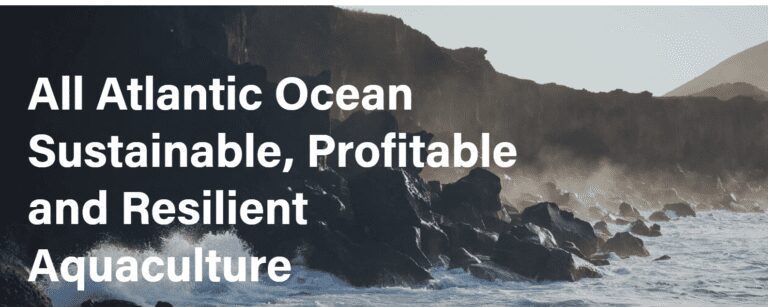ASTRAL project has just released a brand new video!
ASTRAL is a European Union Horizon 2020 collaborative project that focuses on integrated multi-trophic aquaculture (IMTA) farming n in the Atlantic area. At the heart of ASTRAL lies the mutual progress on IMTA, as a profitable and sustainable production process, with the aim of significantly contributing to the implementation of the Belém statement, and creating a long-term collaborative ecosystem, originating from the consortium but expanded to the entire All-Atlantic Alliance.
ASTRAL addresses sustainability along a strong Climate-Ocean-Food value chain, linking expected environmental risks to cost-efficiency and best practices of IMTA production and food safety. This target is supported by technological innovations providing a significantly improved capability of observing and monitoring three main environmental risks; two (HAB and pathogens) are evaluated in light of climate change and one (microplastics) as an emerging pollutant. This will lead to concrete recommendations on region-specific monitoring programmes to be established for supporting the sustainability target. The inherent IMTA property related to circularity and reduced waste will evaluate for different IMTA production systems, providing recommendations on best practices towards zero waste.

